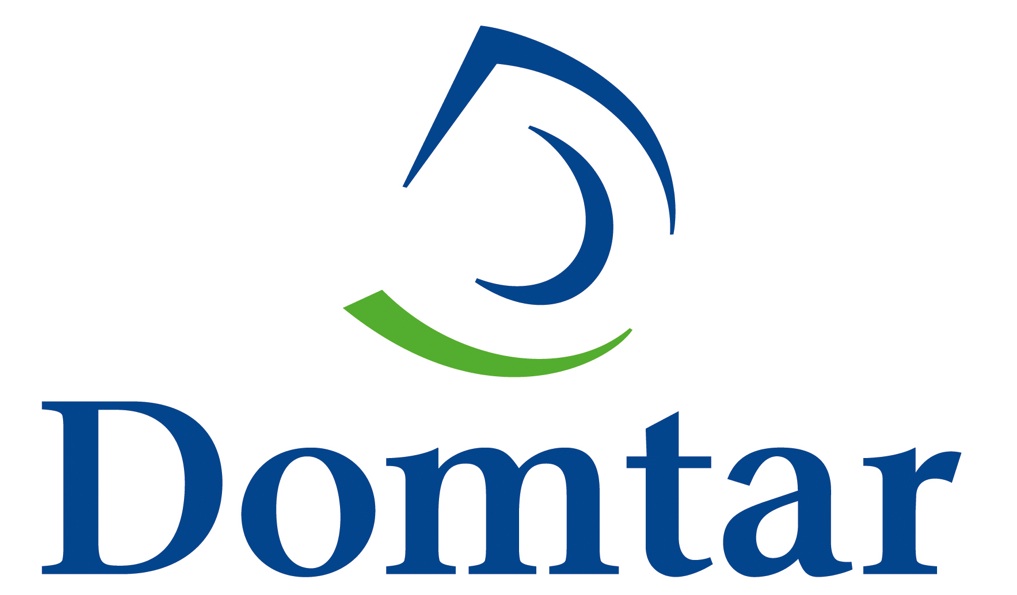The Faces of Forest Landowners: Grim Locke
Domtar Landowner Grim Locke Manages His Forests Sustainably
Across North America, forests provide important benefits. They protect air quality, offer habitat for wildlife and serve as home to a wide range of plant species.
When a forest is managed sustainably, it can also provide long-term value for landowners. In fact, many landowners throughout the Southeastern U.S. have relied on forests for decades, as a means of generating an ongoing source of income. This income isn’t only a personal benefit – it also serves as an incentive for the landowner to continue taking care of their forest, and maintaining it for years to come, ultimately helping the environment.
Grim Locke, a forest landowner who lives in Ruston, Louisiana, has experienced this first-hand. This is his story.
A Family Legacy
Grim Locke’s grandfather came to Arkansas in the mid 1800s. His family had surmounted a great deal of debt, and was at risk of losing their land during the Great Depression. However, a stroke of luck occurred when William Grim, the President of the First National Bank in Texarkana, helped Locke’s grandfather hold onto his properties. Out of thanks, he named his grandson after the banker.
Today, the family owns about 2,200 acres of land. Locke is now an absentee owner, meaning that he doesn’t live on the forest itself. However, he has been able to manage it carefully with help from Domtar.
“I live here in Louisiana, about 160 miles away from where my timberland and farms are,” he said. “So having somebody from Domtar, a trained forester, to help me look after all that – is very helpful to me.”
In 2010, Domtar established the Four States Timberland Owners Association, which encourages landowners in Arkansas, Louisiana, Oklahoma and Texas to secure Forest Stewardship Council® (FSC®) certification, through sound management practices. The company made a bold promise: it would handle all of the fees associated with certification, and would coach the landowners through the arduous paperwork process. Domtar even provided an economic incentive by promising to purchase the certified fiber that resulted, for processing at its Ashdown, Arkansas mill.
“As part of the Four States Timberland Owners Association, the Domtar mill in Ashdown has promised that they can sell their product much more easily if it comes from a certified landowner,” said Locke.
John Cook, the Domtar forester who tended to the region, has been a huge help to Locke along the way. He uses hands-on techniques to teach owners about sustainable forest management, ensuring that they stay informed about their land and the animals that live there. For example, after identifying a water-filled area that hadn’t previously existed, Cook took Locke to explore.
“When we went there, we found that the beavers had built a five-foot-high dam that flooded about 14 or 15 acres of our timberland,” said Locke. “John asked me, ‘Do you want me to take down the dam?’ and I said, ‘No, let’s just leave it for the wildlife.’ That’s in accordance with the sustainability concepts.”
Locke’s land includes four varieties of hardwoods, which are now maturing. He has squirrels, turkeys, raccoons and a pond used by ducks in the winter. There have been a few instances of invasive species such as pine beetles, but Locke tries to keep his trees as healthy as possible, to help them combat pests.
Now that he has grown older, he finds comfort in the sustainable forests that he owns, and he looks forward to visiting them whenever he can.
“One of our tracks is old hardwoods – it’s 120 acres,” he said. “It’s extremely peaceful for me, and I guess for anyone else who went in there. It’s peaceful for me to walk among these very large, older trees. It’s very quiet and peaceful and beautiful in there.”



